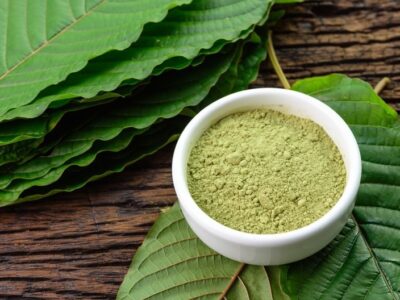Hookah enthusiasts often prioritize the quality of the charcoal used in their hookahs to enhance the taste, aroma, and overall smoking experience. Coconut shell charcoal is a popular choice among hookah lovers due to its unique qualities and benefits.
In this article, you will Learn More about the properties and advantages of coconut shell charcoal for hookahs.
The Origin of Coconut Shell Charcoal
Coconut shell charcoal is made from the shells of coconuts, which are a renewable resource. The shells are first dried, then burned in an oxygen-free environment, which creates char. The char is then activated, which removes impurities and creates a porous structure that allows for better air flow and combustion. Coconut shell charcoal has been used for centuries for various purposes, including cooking, heating, and as a fuel source.
The Benefits
One of the primary benefits of using coconut shell charcoal for hookahs is that it produces less ash and smoke compared to other types of charcoal. This means that the natural flavors of the shisha are not overpowered by the taste of burnt charcoal. Additionally, coconut shell charcoal burns at a lower temperature than other types of charcoal, which results in a longer-lasting and more consistent burn. This allows for a smoother and more enjoyable smoking experience.
Another advantage is that it is a more eco-friendly option compared to other types of charcoal. The production process for coconut shell charcoal does not involve cutting down trees or using harmful chemicals, which reduces its impact on the environment. Additionally, coconut shell charcoal can be used as a natural fertilizer or as a soil amendment after it has been used in a hookah.
Coconut Shell Charcoal vs. Other Charcoal Options
When it comes to choosing the right type of charcoal for a hookah, there are several options available. However, coconut shell charcoal is considered to be a superior choice due to its unique properties. Compared to other types of charcoal, such as wood charcoal or bamboo charcoal, coconut shell charcoal burns at a lower temperature and produces less ash and smoke. This results in a cleaner and smoother smoking experience. Additionally, shell charcoal is a sustainable and eco-friendly option that does not harm the environment.
Tips for Using Shell Charcoal in Hookahs
To ensure the best results learn more about using coconut shell charcoal in a hookah. First, it is recommended to use natural coconut shell charcoal rather than charcoal that contains chemicals or additives. Second, it is important to properly light the charcoal, either with a coal burner or using natural methods such as a stove or a blowtorch. It is not recommended to use chemical lighters or accelerants as this can affect the taste and quality of the smoke. Finally, it is important to manage the airflow of the hookah properly to ensure the charcoal burns evenly and produces the right amount of heat.
Conclusion
Coconut shell charcoal is a unique and high-quality option for hookah enthusiasts looking to enhance their smoking experience. It produces less ash and smoke than other types of charcoal, burns at a lower temperature, and is a sustainable and eco-friendly option. When using coconut shell charcoal in a hookah, it is important to follow proper guidelines to ensure the best results. Overall, shell charcoal is an excellent choice for those who want a cleaner, smoother, and more enjoyable hookah experience.












Comments